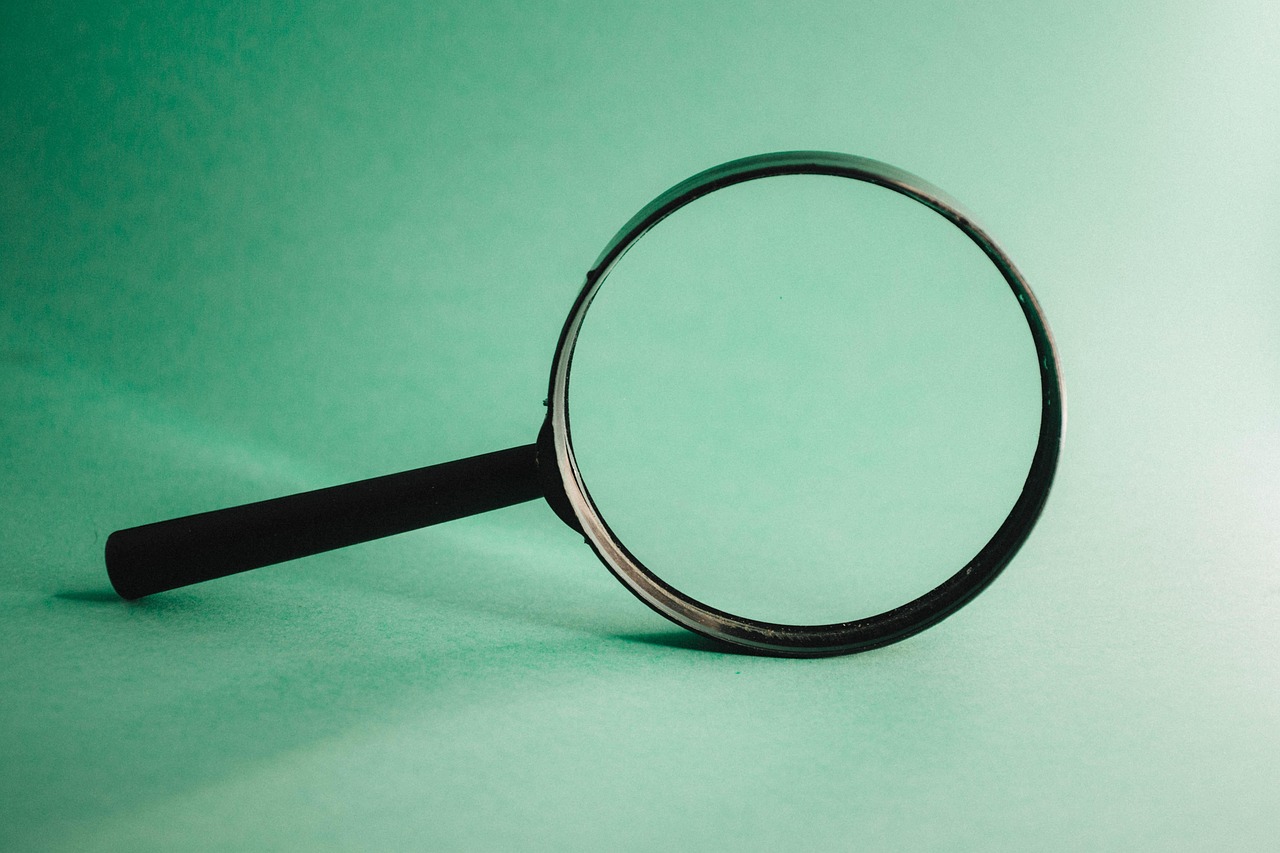The political situation within EU has been changing significantly during the last year. In fact, it may have seemed that elections and actions in different EU countries questioned the very core values and made the Union’s foundation shake.
When Brexit referendum happened more than one year ago, domino effect was feared since many thought that other EU countries would express their will of leaving the Union through national referendum. This did not happen, but all eyes were on UK to see what would happen next to the Union that from 28 would have become formed by 27 Member States.
The State of the Union is a speech annually held by the president of the European Commission to the Parliament and during which the president presents what has been achieved in the past year and what is the action plan for the upcoming year.
The Europe shaped in president Juncker’s plan is a stronger, more transparent and more united one. During his speech, he called for a Europe that protects, a Europe that empowers, a Europe that defends.
Juncker’s vision for the future includes:
- Strengthening the European Trade agenda: a trade agreement already exists with Canada, as well as a political agreement with Japan on a future economic partnership. The Parliament and the Commission are working on future similar agreements with Mexico and South American Countries as well as Australia and New Zealand.
- European industry needs to get stronger and more competitive, this is why a new EU framework for investment screening and new Industrial Policy Strategy is needed.
- EU has to play a primary role when it comes to the fight against climate change according to the Paris Agreement.
- Cybersecurity needs to be taken seriously and a European Cybersecurity Agency should be established in order to protect EU citizens’ online data.
- A new European Minister of Economy and Finance is foreseen to further support the structural reforms of the Member states.
- All Member States are expected to join the Banking Union to create a safer financial sector for the single market.
- A European intelligence unit will be set up to ensure sharing of data among EU Member States on terrorists and foreign fighters
- A European Defence Union that should be achieved by 2025.
- the merge the Presidents of the European Council and the European Commission for more democratic and more efficient institutions.
It is interesting to notice that in his annual speech Juncker addressed 27 members of the EU, even though the Union is still formed by 28 Member States as the negotiations on Brexit are still ongoing. However, efforts are being made in order to safeguard the cooperation with UK in research and innovation for EU projects under Horizon 2020 scheme. Also, the Labour party hinted to a possible second referendum to ask British citizens for their opinion again.
Some days later, also the French president Emmanuel Macron presented his vision of Europe in the same day of the German elections during a speech at Sorbonne University. In his speech, he highlighted the need of a ‘profound transformation’ for our Union and specifically he called for:
- A European defence budget and went a step further by talking about a European military intervention force within a very well-defined defence strategy.
- The creation of new EU agencies such as EU asylum agency to tackle the migration crisis and a new EU agency for innovation to boost research and to encourage the emergence of champions in digital technology, following Commissioner for Research, Science and Innovation Carlos Moedas idea of creating a European Innovation council.
All in all, most of European leaders are showing fondness towards a more powerful European Union both internally and externally as a global actor. Despite divergent opinions, now most of EU leaders are back on track. As Guy Verhofstadt stated in his answer to Juncker’s speech:
‘In August 2016, Mr. Hofer still wanted to take his country out of the Union. Five months later, after his defeat, he changed his mind. Mr. Hofer and the FPO now wants Austria to stay in the euro, to stay in the Union.
In March of this year, in the Netherlands, Mr. Wilders promised a “spring of populism” and he reaped the opposite, a rise of the pro-European parties; a boomerang in his face.
In France, Emmanuel Macron won the presidential elections after a pro-European campaign. Since then, the Front National doesn’t want to leave the euro anymore.
And even in Hungary, Viktor Orbàn is piping down. He accepts now the authority of the European Court of Justice. A few days ago, he even excluded that Hungary would ever leave the Union.’




